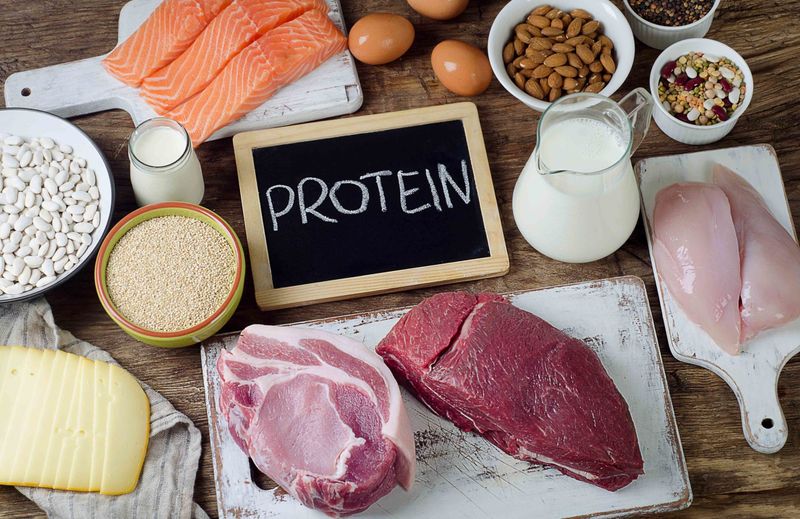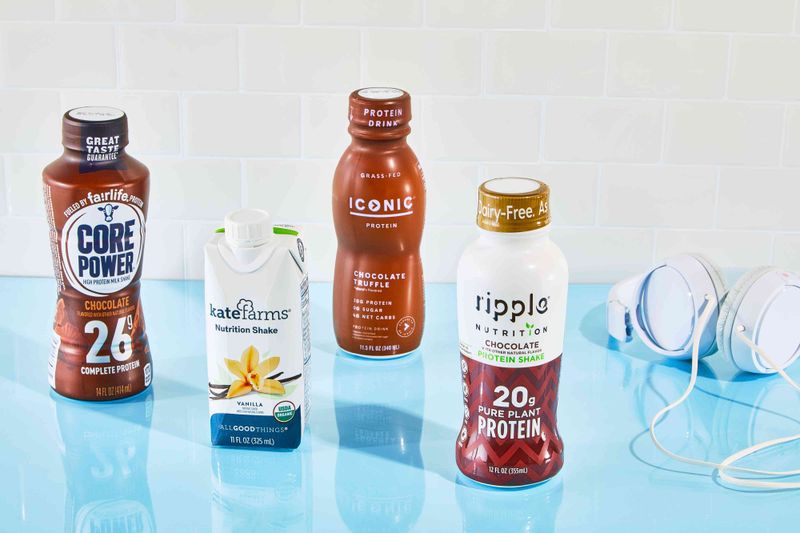Do You Really Need Protein Shakes? Nutritionists Share the Truth

Protein shakes have surged in popularity, especially among fitness enthusiasts and those aiming to manage their weight. However, the question remains: are they truly necessary? Nutritionists are weighing in, and the consensus seems to emphasize that for the majority, whole foods are the superior choice for meeting protein needs. While shakes can provide convenience and certain benefits, they lack the comprehensive nutrients found in whole foods and may contain unwanted additives. Here, we explore different facets of protein shakes, delving into their necessity and potential drawbacks, and uncover when they might just be the right supplement for you.
1. Adequate Protein Intake from Whole Foods

Many adults in developed regions consume sufficient protein through a standard diet. The World Health Organization suggests around 0.8 grams per kilogram of body weight. A person weighing 150 pounds would need about 60 grams of protein daily.
This is achievable with a diet rich in beans, dairy, fish, nuts, and meat. Both plant and animal sources provide diverse benefits, and a combination ensures a well-rounded intake. Nutritionists argue that whole foods offer a spectrum of nutrients beyond protein alone, ensuring better health outcomes.
2. Potential Drawbacks of Protein Shakes

Protein shakes, while convenient, often miss the additional nutrients found in whole foods. Consuming isolated protein sources, like egg whites, skips vital nutrients in whole foods. Some protein powders include artificial flavors and excess sugars, increasing weight gain risk.
Worryingly, some powders contain heavy metals such as lead, arsenic, cadmium, and mercury, posing health threats. Given these concerns, it’s crucial to scrutinize ingredient labels and choose products wisely. Focusing on whole foods ensures a complete nutrient profile and minimizes health risks associated with additives.
3. When Protein Shakes May Be Beneficial

Protein shakes can be particularly useful in specific scenarios, such as post-exercise recovery. Intense physical activity creates a window where quick protein intake aids muscle repair and growth. For many, shakes are a convenient solution during this period.
Additionally, those with dietary restrictions or recovering from surgery might struggle to meet protein needs through food alone. Here, shakes provide a practical alternative to bridge nutritional gaps. While not a replacement for a varied diet, in these instances, protein shakes fulfill a beneficial role.
4. Recent Insights on Protein Shakes and Nutrition

Recent studies and articles provide valuable insights into the role of protein shakes in modern diets. These resources explore the necessity and impact of supplemental protein, often questioning their extensive use.
With many voices in nutrition advocating for whole food-based protein, these discussions encourage thoughtful consideration of dietary choices. Engaging with current literature helps consumers make informed decisions about incorporating protein shakes into their lifestyle, balancing convenience with nutritional adequacy.
5. Conclusion

For most individuals, prioritizing protein from whole foods ensures a balanced intake of essential nutrients. While protein shakes serve as a convenient supplement, they shouldn’t replace diverse and nutritious diets.
Emphasizing whole food sources supports overall health, providing essential vitamins and minerals that supplements might lack. Considering shakes as an add-on rather than a staple will help maintain a comprehensive dietary approach that caters to long-term health goals.

Comments
Loading…